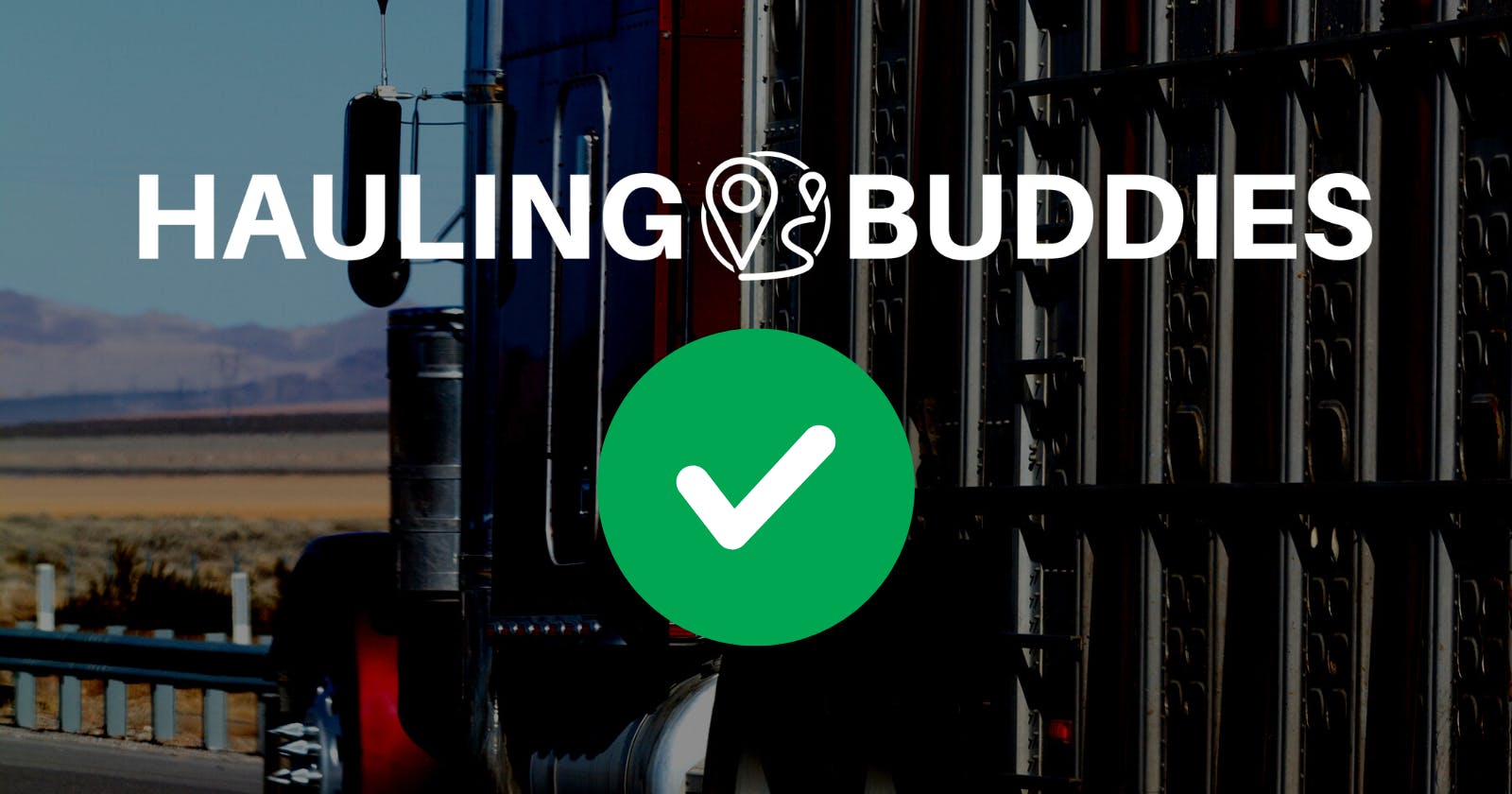Navigating the Landscape of Online Animal Transportation Scams: A Comprehensive Guide
The online world is an interconnected network, a haven for both genuine businesses and fraudulent activities. In recent years, the growing demand for animal transportation services has witnessed a similar trend. According to the Internet Crime Complaint Center (IC3), the number of online scams, including those related to animal transportation, have risen by nearly 70% since 2020.
The Dangers of Online Animal Transportation Scams:
Scammers have become exceedingly skilled in creating credible facades. They construct professional-looking websites and utilize compelling narratives to mimic legitimate businesses. But their real forte lies in the art of persuasion. They often offer too-good-to-be-true deals—like significantly reduced rates and extremely flexible services—and before one knows it, an unsuspecting customer has fallen prey.
Spotting Scammer Facebook Profiles:
Even though scammers have grown increasingly adept at crafting convincing profiles, there are still several telltale signs that can help you identify fraudulent Facebook accounts.
Recent Profile Creation: Scammers typically create new profiles for their deceptive operations. So, a profile that's been created within the last year can be a potential red flag.
Limited Friends List and Geographic Inconsistencies: Scammer profiles usually have a limited number of friends. They often lack mutual connections and feature a preponderance of unfamiliar friends from foreign countries. Additionally, if the friends and family listed on their profile are from varied and inconsistent locations, it can be another sign.
Minimal Interactions and Geographic Inconsistencies: Check their posts for interaction. Legitimate profiles usually have comments and likes from a variety of friends, often from a similar geographic area. Conversely, scammer profiles might have posts with few to no interactions, or comments and likes from individuals from inconsistent locations.
Lack of Personal Photos: Scammers often use stock photos or images of someone else as their profile picture. A lack of personal photos on their timeline can be a sign of a scammer.
Generic Posts: Scammers often publish generic, non-personal posts, many of which are publicly shared posts from other pages.
Overly Promotional Posts: Frequent posts promoting a product, service, or deal that seems too good to be true may be a warning sign of a scammer.
Profile URL and Name Mismatch: A profile URL that doesn't match the profile name is a common sign of a scammer. For instance, the URL might contain a different name or a string of numbers.
Sparse Timeline History: Legitimate Facebook users often have a rich history of posts, photos, and shared moments. A sparse timeline history with abrupt starts and stops may indicate a scammer's profile.
By remaining vigilant and being able to identify potential red flags, you can reduce the chances of falling victim to scammers lurking on social media platforms like Facebook.
The Anatomy of Scam Payment Methods:
Once the scammer has convinced a customer, they move on to the payment stage. The modus operandi here is to push for unsecured and difficult-to-trace payment methods like wire transfers, prepaid cards, or digital wallets. The Better Business Bureau (BBB) reports that in 2022, nearly 43% of scam victims used wire transfers as their payment method, which are often non-refundable and almost impossible to trace. As soon as the scammers receive the money, they disappear, leaving customers high and dry without the promised service.
Why Secure Payment Methods Matter:
Unlike scammers, legitimate animal transportation services provide secure payment options, including credit cards and protected online payment platforms, which can provide some fund recovery if services are not rendered as agreed. By avoiding these secured methods, scammers can escape the safeguards these platforms offer customers.
Protective Measures Against Scams:
Thorough Research: A detailed investigation of the company should be your first step. Check if the company is registered, and has a verifiable physical address and contact number. Online reviews and customer testimonials on independent platforms can also offer valuable insights.
Verified Services: Using reputable platforms like Hauling Buddies that vet their listed transportation providers can offer you a measure of security and assurance.
Safe Payment Methods: Be cautious if a service provider demands payment through untraceable means. Trustworthy businesses should always offer a range of secure payment methods.
Written Contracts: Insist on a detailed written agreement that outlines the service, including cost, pickup and delivery dates, and care during transport.
Trust Your Gut: Trust your instincts. If something seems too good to be true, it likely is. Don't ignore any red flags.
The IC3 received over 791,790 complaints of suspected internet crime—a record number—in 2020 alone. This figure underscores the importance of understanding the potential risks associated with online transactions. By staying informed and vigilant, you can safely navigate the world of online animal transportation services and ensure the safety of your animals and your hard-earned money.
Choose Safety and Trust with Hauling Buddies
When it comes to ensuring the safety and well-being of your animals during transportation, trust a platform with your best interests at heart. At Hauling Buddies, we provide you with a selection of vetted and verified transport companies, helping you avoid the pitfalls of online scams. Say yes to worry-free animal transportation. Visit HaulingBuddies.com today and discover a safer way to transport your beloved animals.

